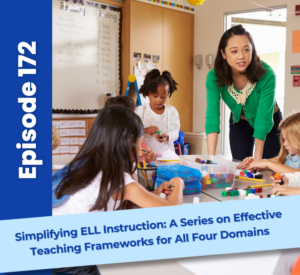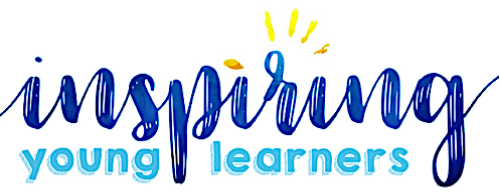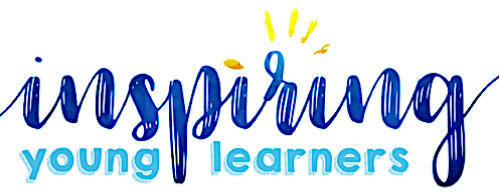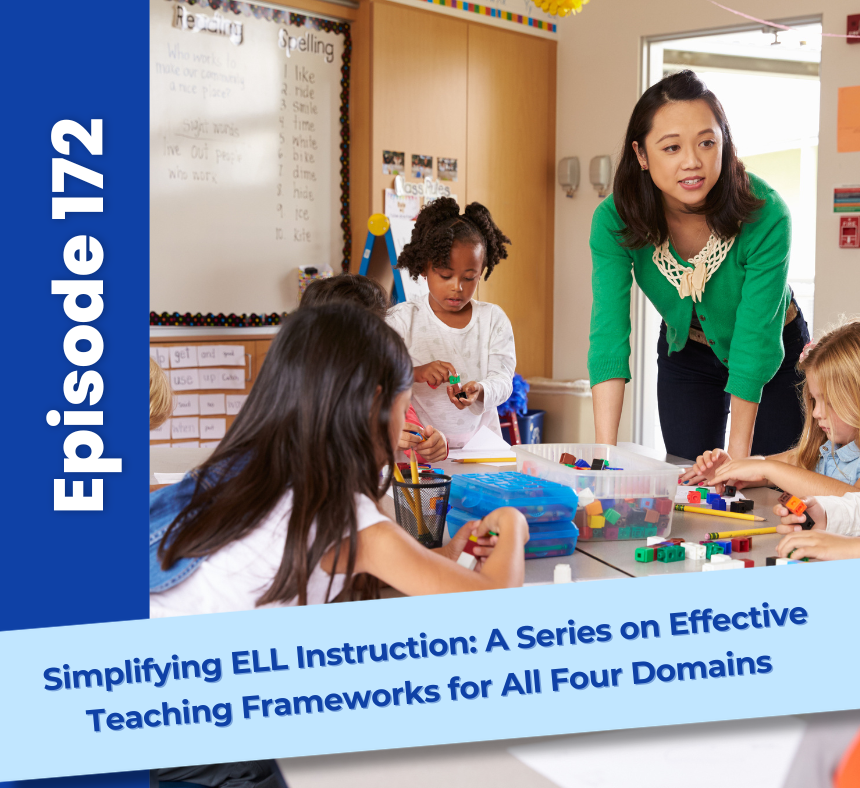
Welcome to the kickoff of an exciting new series on the Equipping ELLs Podcast, hosted by the passionate and insightful Beth Vaucher. This series is a call to action for teachers across all grade levels—elementary to high school—who are looking to transform how they support multilingual learners.
If you’re an educator working with English Language Learners (ELLs), chances are you’ve felt the weight of trying to meet every student where they are, while keeping up with curriculum demands, language standards, and diverse classroom needs. What if we told you there’s a better way? One that’s practical, proven, and packed with strategies you can implement today?
Why Now Is the Perfect Time to Begin
You might be wondering, “Why start something new at the end of the school year?” Because the earlier you begin to explore these frameworks, the more confident and prepared you’ll be heading into the next academic year. Starting now allows you to experiment, reflect, and build your own comfort level, without the pressure of a fresh start looming.
By testing these strategies in the final weeks of school, you’ll walk into your next classroom armed with a ready-to-go toolkit and a mindset geared toward success.
Introducing the ELL Frameworks That Change the Game
This new series will introduce you to four foundational frameworks that have been shown to significantly boost student engagement, comprehension, and language development:
- Harvard’s Project Zero – Encouraging deep thinking and visible learning through routines that make student thought processes clear.
- Visible Thinking – A research-based approach that fosters inquiry, discussion, and reflection.
- Talk for Writing – Empowering students to internalize language patterns through imitation and innovation.
- Project GLAD (Guided Language Acquisition Design) – A comprehensive model that supports content and language integration using real-world strategies.
These frameworks aren’t just for language arts, they can be applied across math, science, history, and more, making them incredibly versatile no matter what subject you teach.
Real Support, Not Just Theory
One of the most impactful takeaways is that this isn’t just about educational theory, it’s about real, scaffolded strategies you can use right now. These frameworks help break down complex content and make it digestible for ELLs, while also fostering critical thinking and language acquisition. The result? Students who are more engaged, confident, and successful.
Exclusive Visuals for YouTube Viewers
What You Can Expect Each Week
- Real-life classroom examples you can relate to
- Differentiation techniques that reach students at all language levels
- Time-saving tools, strategies, and templates
- Expert interviews sharing best practices and implementation tips
- Encouragement and motivation to keep growing as an educator
More about Equipping ELLs:
We all know that teaching isn’t easy, but it doesn’t have to be this hard. Equipping ELLs is a podcast for both ESL specialists and homeroom teachers who are looking for effective and engaging ways to support their English Language Learners without adding to their endless to-do list. Tune in each week to hear tips, strategies, and inspirational stories that will empower you to better reach your ELL students, equip them with life-long skills, and strengthen relationships with colleagues and parents.
Your host, Beth Vaucher, is the founder of Inspiring Young Learners. She is an ESL certified homeroom teacher with over 10 years of experience teaching in the US and internationally. Her background of M.Ed in ESL and Curriculum and Instruction combined with her experience has led her to develop a bestselling newcomer curriculum that has sold in over 90 countries around the globe. She brings a different perspective to teaching ELLs from her years teaching and living abroad and working with ELLs from around the world. You will walk away from each episode with the ideas and tools you need to transform your experience as a teacher and cultivate a thriving and welcoming environment for your ELL students.



